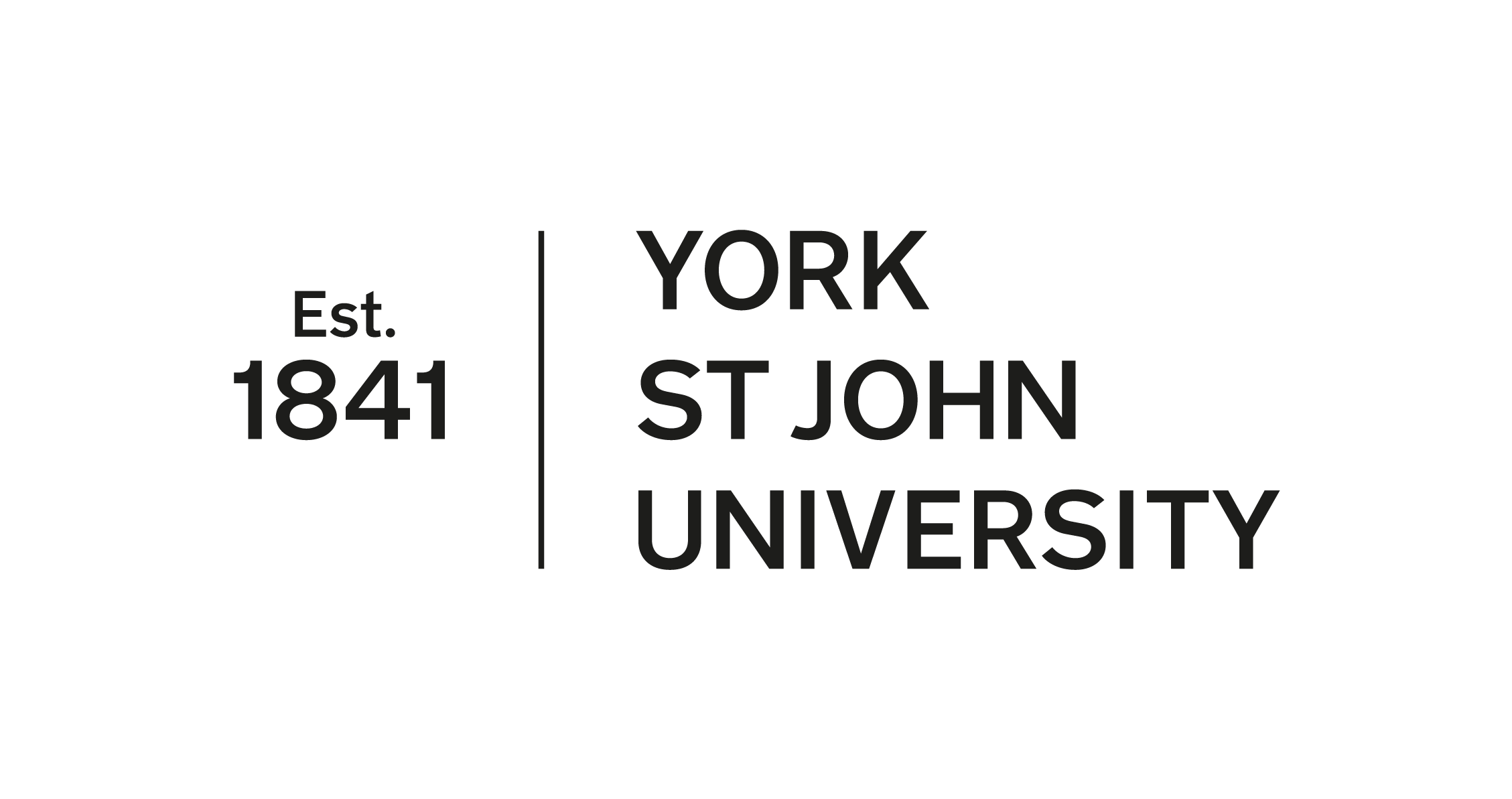York St John has 13 types of assessment formats which modules can select from to assess your learning.
- Capstone Project
- Clinical Assessment used in health-related programmes
- Creative Artefact
- Digital Examination
- Examination
- External
- Laboratory Report
- Portfolio
- Practical
- Presentation
- Timed Assessment
- Viva Voce
- Written work
Capstone Project – A multifaceted assignment that serves as a culminating academic and intellectual experience for students. This may include a choice of other assessment types from which students select 1 for a single mark. Examples might include: dissertation or consultancy project; dissertation or body of practice-based work incorporating a reflective analysis.
Clinical Assessments – an assessment that is often used in health-related programmes (e.g., nursing, paramedic science, occupational therapy, physiotherapy, etc.). This form of assessment is used to test students’ performance of clinical skills such as communication, clinical examination, medical procedures, clinical decision making, clinical thinking / reasoning in a simulated medical environment, and to allow them to demonstrate required clinical competencies. For more details see the Assessment Formats Policy.
Creative Artefact – A creation in a particular form that fulfils a brief. Examples include: artwork, blueprint, cognitive map; composition; concept; creative writing; exhibition; film; handout; manifesto; mind map; model; music product; pamphlet; poster; prototype.
Examination – Examinations are time-limited and held under staff-controlled conditions. The ‘default’ is an unseen, closed-book examination. Examples include: Closed book; open book; seen or unseen; short answers and/or multiple-choice questions; classroom test. Refer to the Examination Policy for more detailed information regarding processes and procedures for examinations.
Digital Examination – Unsurprisingly, these are very similar to exams (see above) but utilising a digital platform. At YSJ, these are timed exams held under staff-controlled conditions. Assessments utilising digital platforms which are delivered remotely or without staff-controlled conditions are considered timed assessments (the timing could be much longer than what could be achieved in an exam).
External – the requirements (formats, timings, conditions, questions, etc.) are set by an external body, most often a Professional, Statutory and Regulatory Body (PSRB) such as the General Medical Council, Charter of Accountants, or Institute for Apprenticeships and Technical Education.
Laboratory Report – Laboratory reports are written to describe and analyse a laboratory experiment that explores a scientific concept.
Portfolio – Portfolios are a great way of combining a collection of artefacts, written work, and reflections to evidence a student’s learning. Be warned the code of assessment practice is very clear that an assignment requiring a portfolio must give clear and detailed information as to what is expected from students; it must not individually weight components; and is not ‘shorthand for flexible assessment that can be changed without formal approval’. If you are using Portfolios in your assignments, be sure you have read the policy guidance on these as these are different from other institutes practices.
Practical – These are used to demonstrate a skill in real time (which may or may not be ‘live).
Presentation – A student-led real-time event (on a topic approved by staff), delivered individually or by a group. We recommend thinking carefully when using presentations to assess groupwork (collaborations and teamwork), and ensure you are properly recognising whether the presentation is of the product of the groupwork or of the process of the groupwork.
Timed Assessment – A timed assessment requires the student to work unsupervised and complete the assessment with a specified amount of time.
Viva voce – ‘an examiner-led event’. Most commonly associated with the doctoral defence. These are not common in undergraduate assessment as they are time consuming and difficult to scale up. However, these are an excellent and robust means of ensuring authenticity of a student’s knowledge.
Written work – The code describes this as ‘academic writing’ but I would encourage you to think of these more as writing about academic things. If for an academic audience then the writing would be academic. But writing a blog for a lay audience on an academic topic, should write in an accessible manner to suit that audience. Previously, there was Reflective Piece as an assessment format, we assume these are now covered under written work (although they could also be used in a portfolio or creative artefact, which would allow for audio or video diaries).
